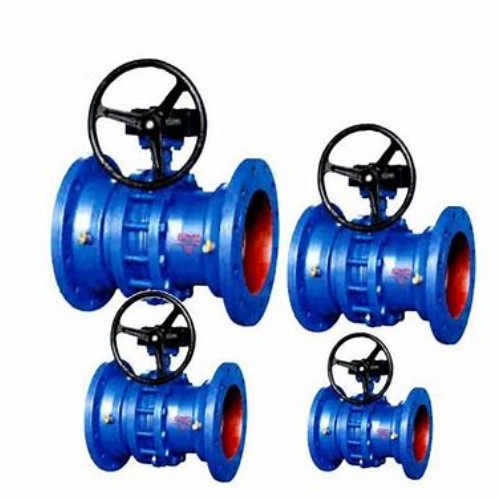forged steel pipe fitting suppliers
Forged Steel Pipe Fitting Suppliers An Overview
In industries such as oil and gas, water treatment, and construction, forged steel pipe fittings play a crucial role in ensuring the integrity and reliability of piping systems. These fittings are used to connect pipes, adapt pipe sizes, and change the direction of flow within a system. Their strength, durability, and resistance to corrosion make them a preferred choice among various options available in the market. Therefore, understanding the landscape of forged steel pipe fitting suppliers is vital for businesses looking to source high-quality products.
What are Forged Steel Pipe Fittings?
Forged steel pipe fittings are created by heating steel and shaping it under pressure. This process results in a denser molecular structure, making forged fittings stronger and more durable than their cast counterparts. Common types of forged steel fittings include elbows, tees, reducers, and couplings, all of which are utilized in different applications to ensure seamless fluid transportation.
The Importance of Choosing the Right Supplier
Choosing the right supplier for forged steel pipe fittings is crucial for several reasons. First, quality can vary significantly between suppliers. A reliable supplier will provide products that meet industry standards and pass rigorous testing. Furthermore, reputable suppliers often hold certifications such as ISO 9001, which indicates a commitment to quality management systems.
Second, the supplier’s capacity to meet specific requirements is vital. Industries often have unique needs, including specific sizes, pressure ratings, and material specifications. Suppliers who can offer customized solutions provide added value to businesses, allowing them to achieve operational efficiency.
Finally, the reliability of a supplier in terms of delivery times and customer service can significantly affect project timelines. Delays in obtaining necessary fittings can halt construction or maintenance operations, leading to increased costs and lost time.
Market Trends
The market for forged steel pipe fittings has been witnessing significant changes driven by various factors. The growing infrastructure development, particularly in emerging markets, has escalated the demand for high-quality piping solutions. Moreover, industries are increasingly focusing on sustainability, leading to the adoption of materials that reduce environmental impact.
forged steel pipe fitting suppliers

Additionally, advancements in manufacturing technologies are allowing suppliers to produce more efficient and cost-effective fittings. 3D printing, for instance, is emerging as a potential method for producing certain types of fittings, promising reduced waste and enhanced customization options.
Key Suppliers in the Industry
Several prominent suppliers in the forged steel pipe fitting market have established themselves as leaders through quality, innovation, and customer service. Global names include
1. Tyco International A recognized player in the manufacturing of pipe fittings, Tyco offers a vast range of forged steel products designed for various applications.
2. SWAGELOK Known for their high-quality fittings, SWAGELOK has a reputation for innovation, often integrating new technologies into their products.
3. Binhai Pipe Fitting Based in China, this supplier specializes in both standard and customized forged steel pipe fittings, catering to a global clientele.
4. Mueller Industries A well-established name, Mueller supplies a wide array of forged fittings known for their reliability and performance.
5. Alaskan Copper & Brass Company They are known for providing a range of piping products, including high-quality forged steel fittings, contributing significantly to various industries.
Conclusion
In conclusion, the selection of forged steel pipe fitting suppliers is a decisive factor in the quality and reliability of piping systems across various industries. With an increasing demand for high-quality products, suppliers should focus on adhering to industry standards, offering customization, and ensuring timely delivery. Companies must conduct thorough research to partner with suppliers that align with their operational goals and quality requirements. As the market continues to evolve, staying updated on trends and advancements will enable businesses to make informed decisions that ultimately lead to enhanced project efficiency and success.
-
The Key to Fluid Control: Exploring the Advantages of Ball Valves in Industrial SystemsNewsJul.09,2025
-
The Versatile World of 1, 2, and 3 Piece Ball ValvesNewsJul.09,2025
-
Stainless Steel Ball Valves: The Ideal Choice for Efficient Flow ControlNewsJul.09,2025
-
Optimizing Fluid Control with Ball Float ValvesNewsJul.09,2025
-
Manual Gate Valves: Essential for Control and EfficiencyNewsJul.09,2025
-
Everything You Need to Know About Butterfly ValvesNewsJul.09,2025
-
The Versatility of Wafer Type Butterfly ValvesNewsJul.08,2025




